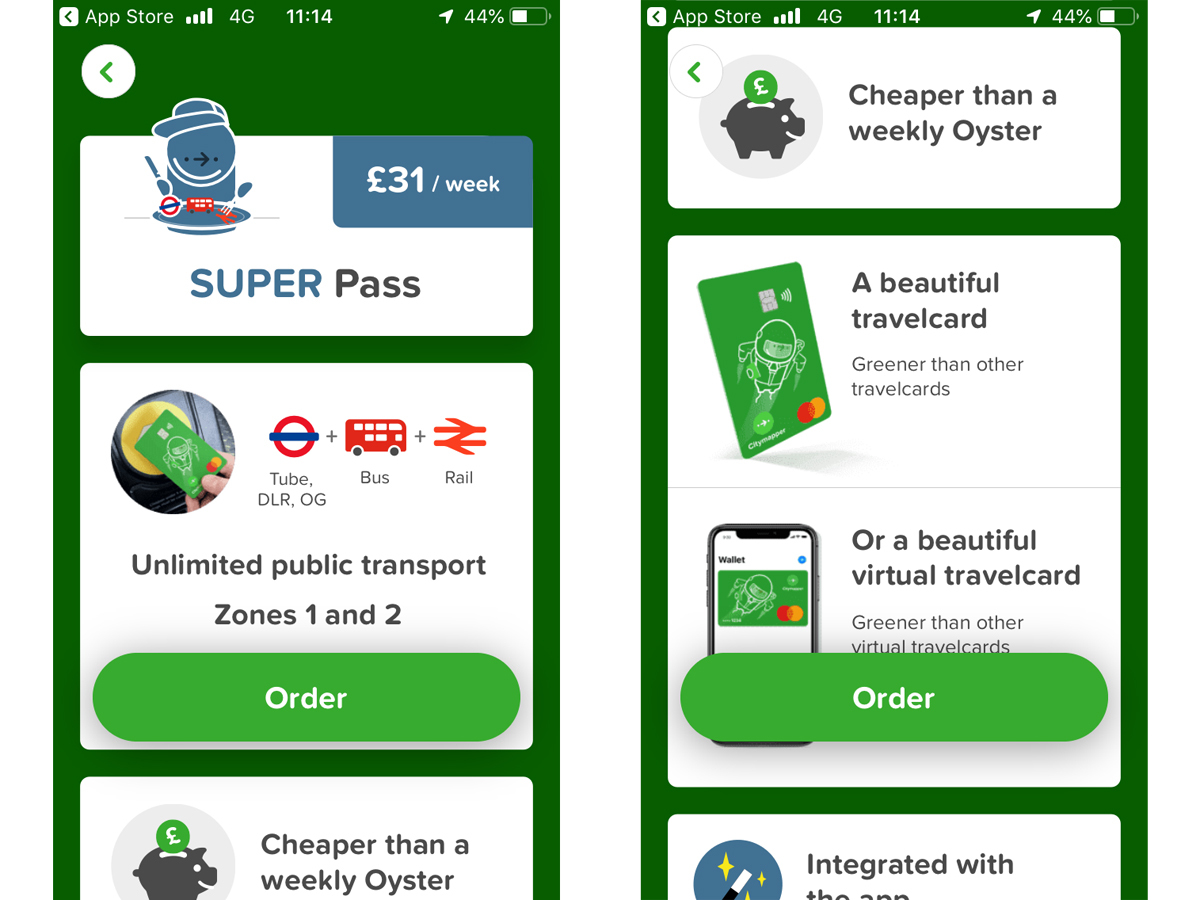
It's very much in line with our target base.London – The app will integrate public and private transportation in one simple city pass. “Meaning it's helpful for our super users. In some cities, for instance, passengers only tap their card when getting on a bus in others, they must tap when they get on and off.Ĭitymapper is still loss-making, but Yusuf believes that Pass offers a much better business opportunity than Ride.

It also throws up its own localisation challenges. Taking Pass to other cities depends on the expansion of contactless payment systems – users tap in with a physical card or one stored on a device – and requires complying with financial regulations such as KYC ("Know Your Customer") checks. Pass is currently only available in London, but the company hopes to roll it out elsewhere in the coming years. Users choose a package that covers various transport modes, and pay a monthly fee.

In 2019, the company launched its latest new product: a ticketing subscription service called Citymapper Pass. Ride was as much about operating a transport service as building software, and Yusuf sees more potential for bus innovation in smaller towns – but Citymapper’s core user base is in cities. Yusuf says that the regulatory environment in London wasn’t quite right, and, in the end, the bus project just didn’t fit the company’s strengths. In 2017, it launched a bus service on set routes in London, followed in 2018 by bus-taxi hybrid Citymapper Ride, but closed this down in 2019. When there were transport strikes in Paris in December 2019, it wasn’t always clear which parts of the network were working and which were not, so Citymapper had people working to adjust its routing suggestions in real-time.īeyond its core app, Citymapper has experimented with different product offerings. If a timetable changes, users will expect the app to reflect the new version with 24 hours. The work doesn’t stop after launch maintenance is crucial.


 0 kommentar(er)
0 kommentar(er)
